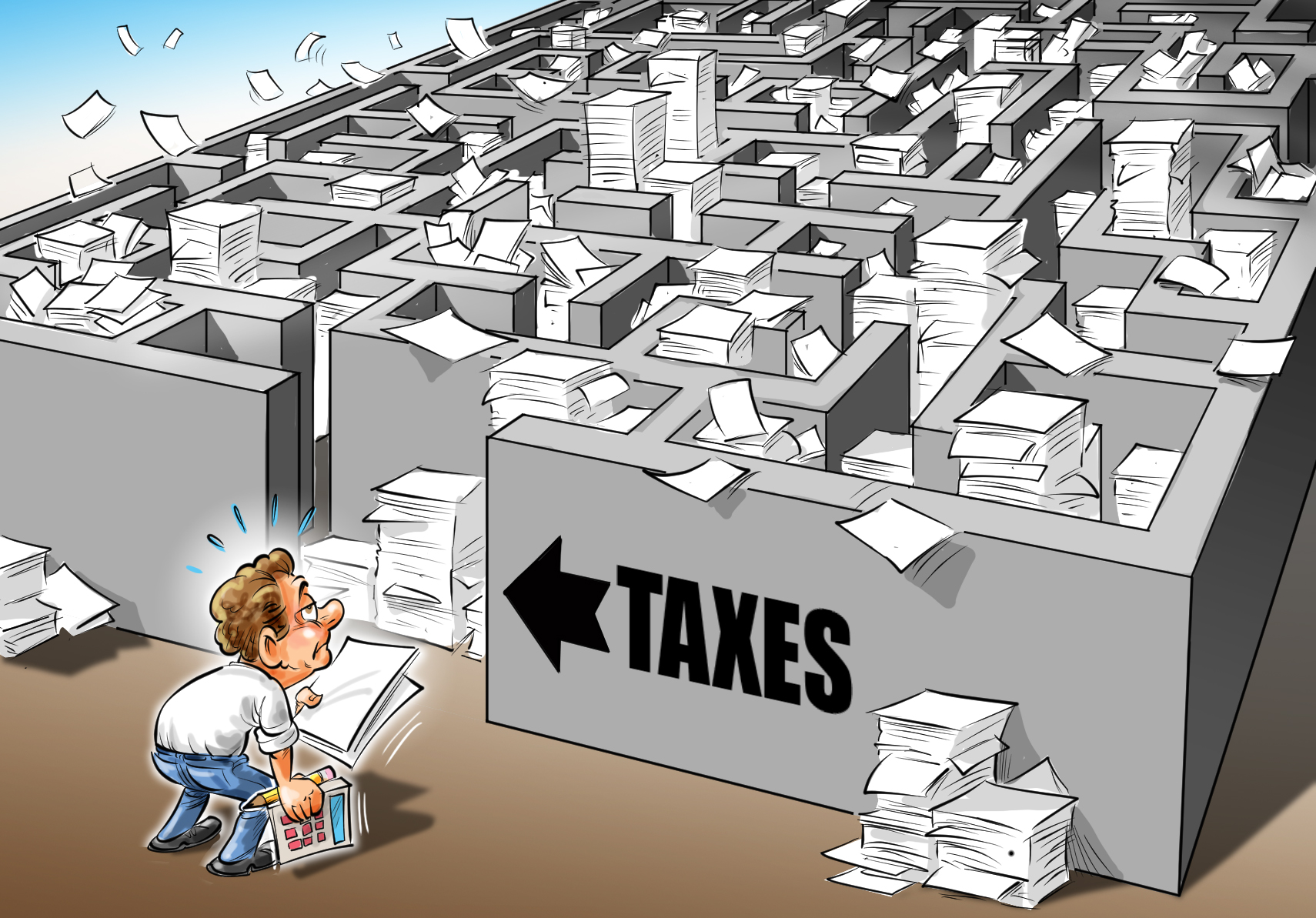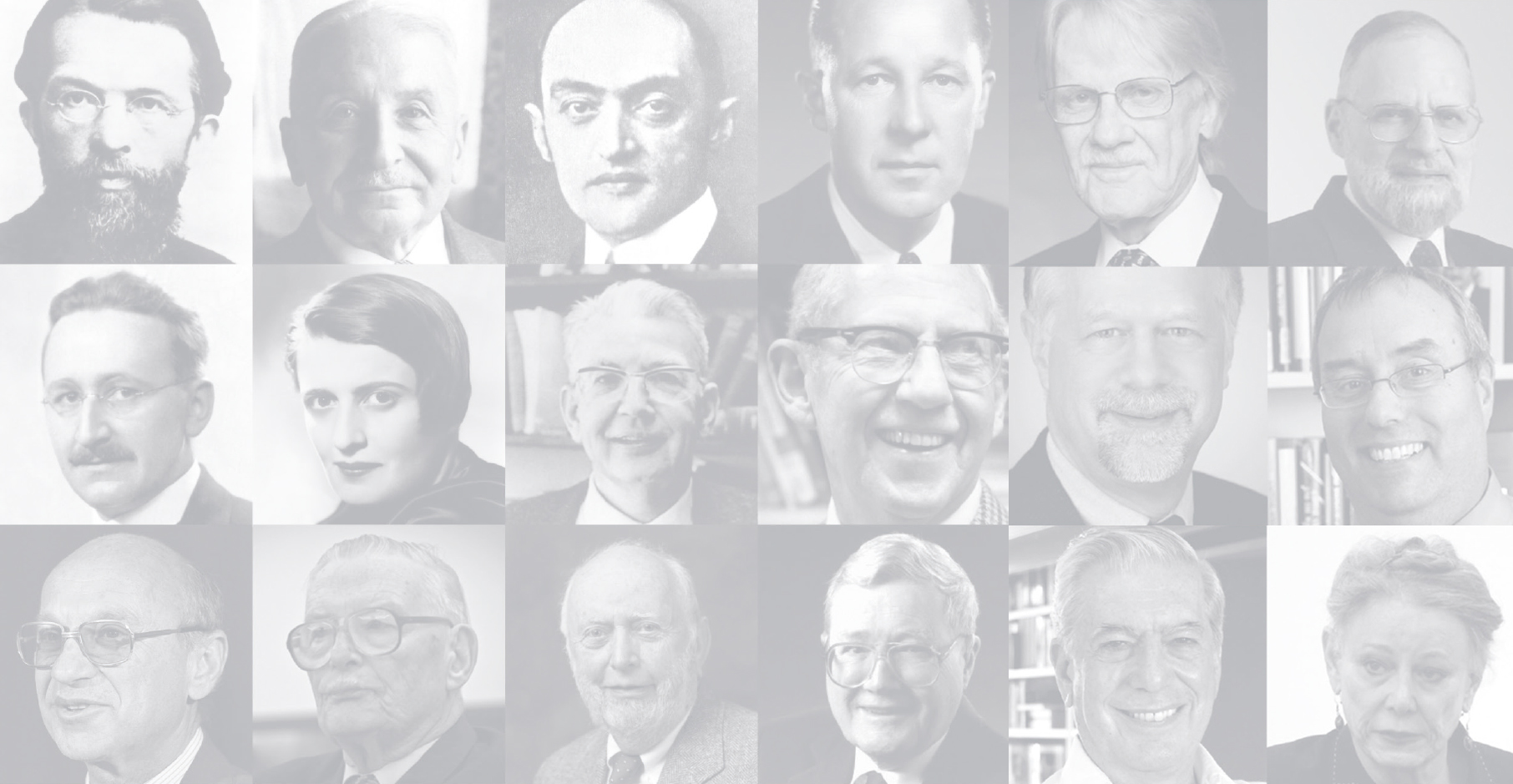
12-minute read
Ottawa Should Simplify the Income Tax Act
Taxpayers always meet the months of March and April with some apprehension, as they will have to devote precious hours of their time to completing their income tax returns, or pay someone else to do it for them. Is it possible to make life easier for taxpayers by simplifying the tax system?

7-minute read
Labour Shortage: What Is the Effect of Regulation?
We are constantly told that there is a shortage of labour in Canada. In 2018, the economy added 163,000 full-time jobs, and the unemployment rate fell to 5.6%, a historic low that can be qualified as full employment. The participation rate for people of prime working age, 25 to 54 years, is 87%. The winds are shifting on the labour market. Employers used to have the upper hand; now, it’s workers who have it.

7-minute read
How to Modernize the Taxi Industry
In Quebec, as in many other places in the world, a permit is required to provide taxi services. For a long time, this has led to a lack of competition and the resulting effects. The Quebec government will soon table a bill to modernize the taxi industry. On which principles should new regulation be based if it is also to serve as a framework for future innovations in the sector?

3-minute read
A New Canadian Partnership: The Promising Opportunity for Interprovincial Free Trade
A New Canadian Partnership for domestic free trade could produce economic benefits for Canadians that rival those of international free trade agreements. That’s the conclusion of Professor Ian Brodie, political scientist at the University of Calgary, in a new public policy study for the Montreal Economic Institute, the Atlantic Institute for Market Studies (AIMS) and the Canadian Constitution Foundation.

7-minute read
Should Super Nurses Be Allowed to Make Diagnoses?
Quebec’s Health Minister recently announced that she wanted specialized nurse practitioners (SNPs) to be able to make diagnoses, as is the case everywhere else in Canada. The Collège des médecins du Québec (CMQ) ended up making peace with the idea, while the Fédération des médecins omnipraticiens du Québec (FMOQ) is still not on board, claiming that this act must be reserved to physicians. Is this resistance justified?

7-minute read
More Prosperity through Smaller Government
Quebec Premier François Legault has often stated his desire to attract foreign investment into the province and to increase Quebecers’ standard of living. An essential precondition for this is to create an economic environment that is more favourable to productivity growth, considered by economists to be the main determinant of rising living standards in the long term. This can be achieved by reducing the amount of room taken up by the government in the economy, through a decrease in public spending.

14-minute read
How to Successfully Reduce the Regulatory Burden
In its last Fall Economic Statement, the federal government included a chapter on regulation. It intends to review and remove outdated or duplicative regulatory requirements, keep an eye on our regulatory burden’s effect on our competitiveness, and innovate when it comes to rule-making. While this is a welcome admission that the Canadian regulatory burden is weighing down our competitiveness, with the United States as an easy alternative destination for investment, it still leaves open the question of how exactly to proceed with effectively reducing the regulatory burden.

3-minute read
18 Essential Classical Liberal Thinkers
This booklet contains short write-ups on the lives and ideas of eighteen classical liberal thinkers from the past century and a half. Together, these short biographical essays tell the story of the evolution of classical liberal thought as the benefits of freedom have spread, though haltingly and unevenly, around the world. And they point the way forward to a future of greater and more widespread wealth and well-being for all.

6-minute read
GHG Reductions: Ambitious Targets for an Insignificant Impact
The Quebec government has on many occasions signalled its commitment to fighting climate change. The province has set several targets for reducing greenhouse gas (GHG) emissions, aiming to have them disappear almost completely by 2050. Yet Quebec’s share of global GHG emissions is so tiny that achieving the provincial objectives would have an insignificant impact on the evolution of the temperature of the planet.

7-minute read
Christmas Costs Less Than It Used To
With Christmas around the corner, stories about consumption and purchasing power tend to make headlines. Often, we’re told that “everything is more expensive” or that “our purchasing power is stagnating.” What are the facts of the matter?

